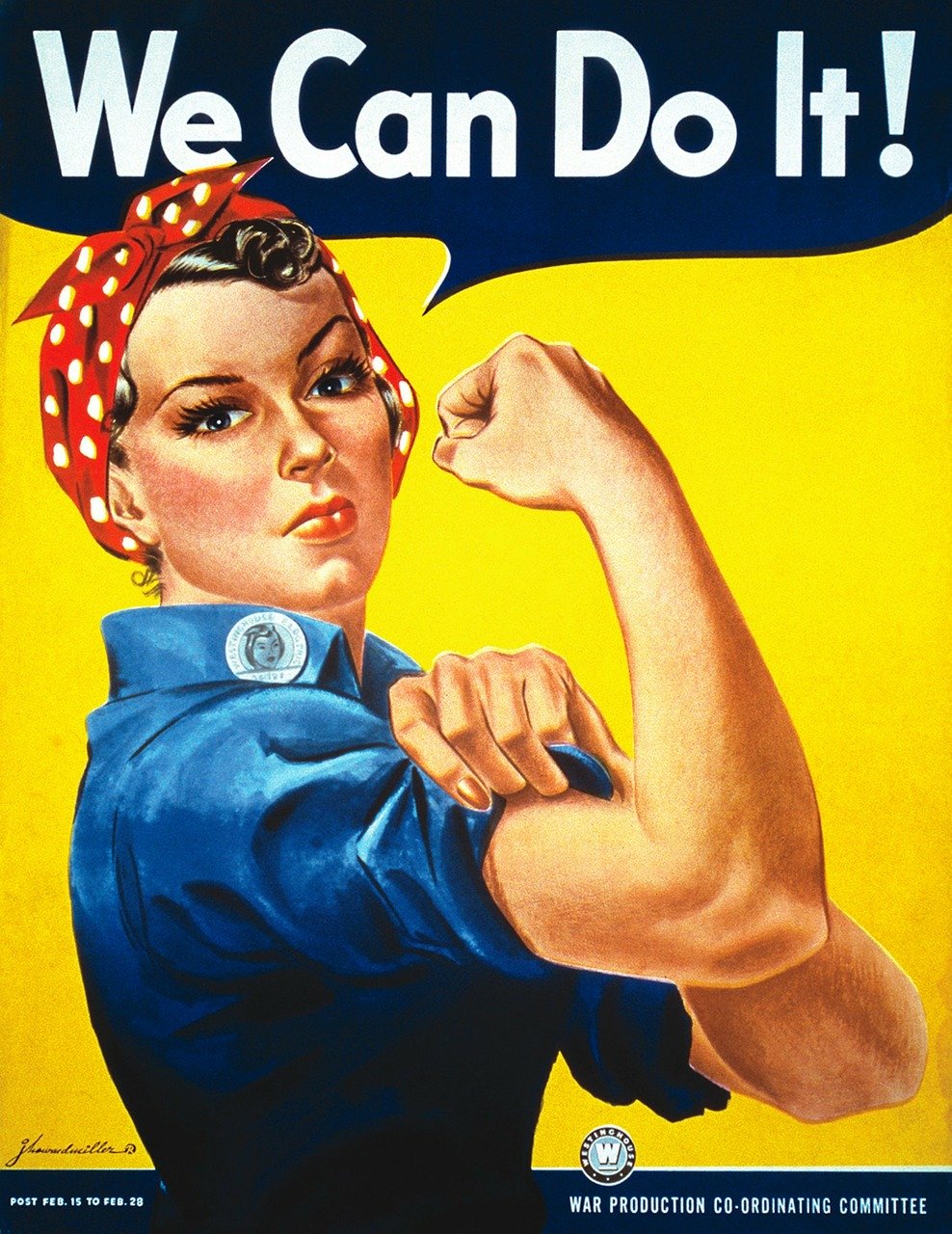![]()
 Been there, done that.
Been there, done that.
In many ways, the current market troubles are no different than previous stock market swoons. I’ve been through a lot of them, and I’ve studied almost all of them during my decades of experience navigating clients through tough times.
There’s a panic-driven selloff, which doesn’t make much sense when looking at the fundamentals. Wall Street speculators lose tons of money. The world’s market cap loses Billions (now Trillions due to inflation) in daily selloffs. The media continually stokes the flames of destruction and mass hysteria, gluing the masses to their broadcasts.
The everyday people of Main Street, working toward retirement or living prudent lifestyles during retirement, see our account values plummet.
And the media finds someone’s plight to highlight in a further effort to get us addicted to the coverage.
Eventually, the markets get cheap enough that bargain hunters start buying positions in the companies they liked before the crash, but now they love at the discounted prices. The rest of the world slowly realizes the change, and a new bull market is born as they start investing again.
That’s what I believe is happening now.
Except that there are some differences.
Today, we have social media accelerating the panicked pace of the problems facing us.
The specific triggers are not crucial as it relates to this market cycle. There are two of them this time: an all-too-regular oil price war and an unknown health pandemic. Let’s talk about the familiar first.
Saudi Arabia has the cheapest oil on the planet. They can flood the markets and drive most other producers into bankruptcy. Russia wouldn’t agree to their production quotas, so overnight oil prices dropped about 40%.
It was unexpected, and it will hurt many in the oil production industries, and severely reduces the current prices of energy company stocks. Big oil isn’t going away anytime soon, Tesla notwithstanding. They have been here before, protect their dividends, and adapt to the changing economy.
COVID-19 is a bit less knowable.
We’ve seen a couple of similar events this century, with SARS and MERS, but what is new is the unprecedented responses.
At the individual level, we all know about the hoarding of necessary supplies.
Frankly, anyone living in earthquake, hurricane, tornado, blizzard, or flood country should have an emergency supply of food, water, and some cash.
But I get it if you run out of some things. Life is busy, and next thing you know, you’re stranded on the throne without toilet paper.
Don’t tell me it’s never happened to you!
But if you’ve got a funny anecdote that you’re willing to share, post it with the hashtag #RunninRalph. No inappropriate pictures, though. This article is family friendly.
But I digress.
In a sense, this event is turning into a World War, a war against a biohazard.
Governments, organizations, and employers are going to unprecedented lengths to protect everyone’s health. Furthermore, the federal government and central banks worldwide are essentially turning on the printing presses in attempts to alleviate any pain caused by the social separation prescribed to slow the disease’s advance.
No one knows if voluntary social separation is going to work. Some Asian nations implemented technology surveillance solutions to help mitigate the spread of the virus. Western cultures aren’t likely to accept the “big brother” approach: using drones and police wearing infrared thermometers to scan public spaces for people with fevers.
During the Cold War, they taught students to get under their classroom desks in the event of a nuclear blast, and the windows of homes were to be taped with duct tape to keep out the radioactive fallout.
Silly in retrospect.
But looking backward is always a lot easier than moving into the abyss of the future. We don’t know with any certainty how it will all play out. But if history teaches us anything, we know that humankind can find a way through the uncharted waters of a global pandemic.
It takes all of us working together and doing our part.
Start with washing your hands, keeping your distance, using proper etiquette when sneezing or coughing, and if you’ve got symptoms, like a fever or congested lungs, behave responsibly.
Make no mistake about it, economic activity is going to slow down during this fight, but good businesses will find a way to regain profitable footing. During World War 2, Ford built thousands of aircraft and associated military matériel. We already see hotels repurposed into medical facilities.
And patient investors, who stick with a disciplined investment strategy, can hope to succeed. (The regulators don’t let us make any promises, and they require us to say that past performance does not guarantee future performance.)
It’s a great time to fund your 2020 retirement plans fully. With interest rates at record lows, it’s a great time to make a purchase requiring long term financing. Auto dealers, real estate agents, and mortgage lenders report that business is good.
Like I said, been there, done that. Now, buy stuff and support the economy.
Please reach out to us with your questions or concerns.
TRACKING #1-965542
